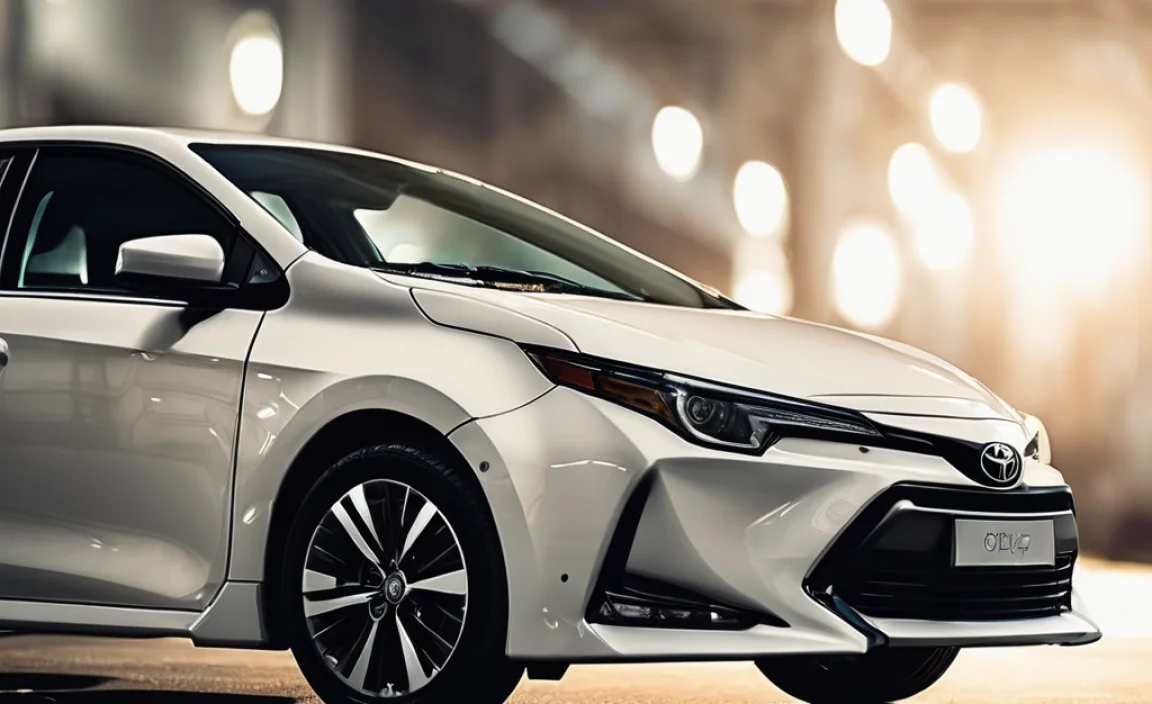Car Battery Charger: Effortless Power for Your Vehicle
When your car falters, the culprit is often a dead battery. Fortunately, the solution is readily available thanks to the modern car battery charger. Gone are the days of needing a jump-start from another vehicle or waiting for roadside assistance. Today’s chargers offer a convenient and efficient way to restore power to your automotive battery, ensuring you’re never stranded for long. Whether your battery has drained from a forgotten light, extreme weather, or simply the passage of time, a reliable charger is an indispensable tool for any vehicle owner.
The evolution of car battery technology, coupled with advancements in charging mechanisms, has made these devices incredibly user-friendly and effective. From basic models designed for simple top-offs to sophisticated smart chargers that diagnose battery health, there’s a unit to suit every need and budget. Understanding the different types of chargers available and how they work can empower you to make informed decisions and keep your vehicle ready to go at a moment’s notice.
Understanding the Types of Car Battery Chargers
The market offers a variety of chargers, each with its own set of features and capabilities. Broadly, they can be categorized into a few main types:
Standard Chargers: These are the most basic and affordable options. They provide a consistent flow of voltage and amperage to charge your battery at a predetermined rate. While effective, they require more user supervision. You’ll need to monitor the charging process to prevent overcharging, which can damage the battery.
Automatic/Smart Chargers: These are the most popular choice for modern car owners. Smart chargers employ microprocessors to continuously monitor the battery’s state of charge and adjust the charging current accordingly. They typically offer multiple charging stages, including desulfation, bulk charging, absorption, and float modes. This intelligent approach ensures optimal charging and prevents overcharging, extending the lifespan of your battery. Many also come with diagnostic features to assess battery health.
Trickle Chargers: Designed for maintaining a battery’s charge over extended periods, trickle chargers deliver a very low amperage, slowly topping off the battery. They are ideal for vehicles that are rarely used, such as classic cars or seasonal vehicles stored during winter. They are not fast enough for a dead battery but are excellent for preventing self-discharge.
Solar Chargers: Harnessing the power of the sun, these chargers are an environmentally friendly option. They typically provide a low amperage output, making them best suited for maintaining a charge rather than reviving a completely dead battery. They are a great choice for vehicles parked outdoors frequently, offering a sustainable way to keep the battery topped up.
Portable Battery Chargers (Jump Starters): This specific category often overlaps with other types but is worth highlighting. A portable battery charger for a car often refers to a jump starter pack. These compact, self-contained units contain a high-capacity battery that can deliver a powerful jolt to start an engine with a dead battery. Crucially, many of these also double as multi-stage chargers for maintaining battery health. They are incredibly convenient for emergency situations, as they don’t require another vehicle or a wall outlet to provide power.
Key Features to Consider When Buying a Car Battery Charger
When selecting a charger, several features will enhance its utility and ensure you get the best performance for your money:
Amperage Output: This determines how quickly the charger can deliver power. Higher amperage means faster charging. For a typical car battery, a charger with an output of 5-10 amps is usually sufficient for regular charging. If you need to revive a deeply discharged battery quickly, a higher amperage might be beneficial.
Voltage Compatibility: Ensure the charger is compatible with your car’s battery voltage. Most contemporary vehicles use 12-volt systems, but older or specialized vehicles might use 6-volt or 24-volt systems.
Safety Features: Look for chargers with built-in safety mechanisms like reverse polarity protection (prevents damage if connected incorrectly), short circuit protection, and overcharge protection. An LED indicator or digital display can provide crucial information about the charging status and battery health.
Battery Type Compatibility: Not all batteries are created equal. Some chargers offer modes for different battery types, such as lead-acid, AGM (Absorbent Glass Mat), and Gel batteries. Using the correct charging profile is vital for optimal performance and longevity.
Portability and Convenience: For those who might need to charge their car in various locations or during emergencies, a portable battery charger for a car that’s lightweight and includes long cables can be a significant advantage. Some also come with AC and DC adapters for maximum flexibility.
When is a Car Battery Charger Your Best Friend?
The utility of a car battery charger extends beyond simply reviving a dead battery. Here are some common scenarios where it proves invaluable:
Preventative Maintenance: Regularly topping off your battery, especially in extreme temperatures or if you drive short distances infrequently, can significantly extend its lifespan and prevent unexpected failures.
Seasonal Storage: If you store a vehicle for extended periods (e.g., a classic car in winter), a trickle or solar charger can keep the battery in good condition.
Power Loss Due to Accessories: Leaving lights, radios, or phone chargers plugged in can drain your battery. A charger can quickly rectify this before it becomes a major issue.
Cold Weather Performance: Batteries underperform in cold weather. A charged battery is more resilient to the increased strain of starting an engine in freezing temperatures.
* Emergency Situations: A jump starter pack, a specific type of portable battery charger for a car, can be a lifesaver, allowing you to restart your vehicle without relying on external assistance.
In conclusion, a reliable car battery charger is more than just a convenience; it’s a crucial component for maintaining your vehicle’s readiness. By understanding the different types available and the key features to look for, you can ensure that “effortless power” is always just a charger away, keeping you on the road with confidence.


